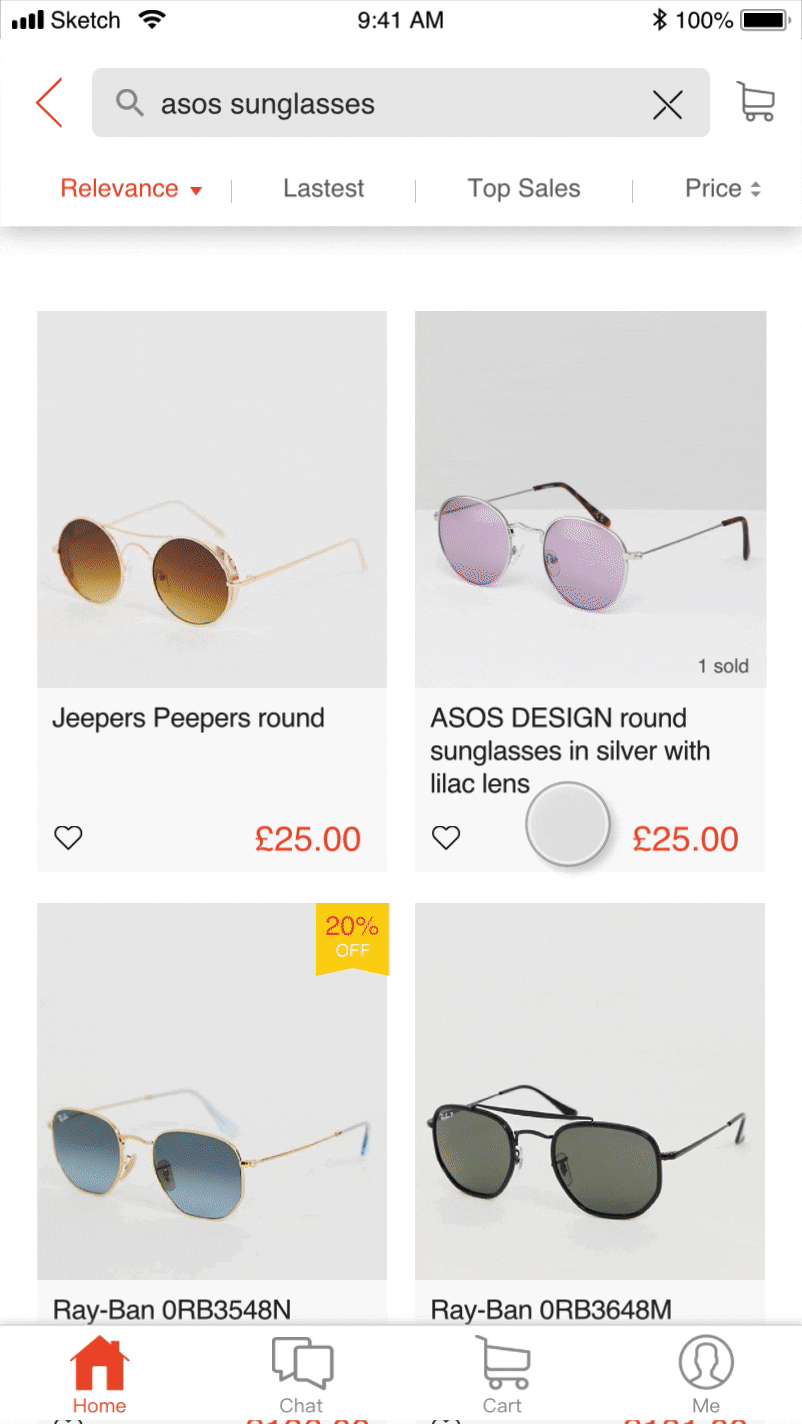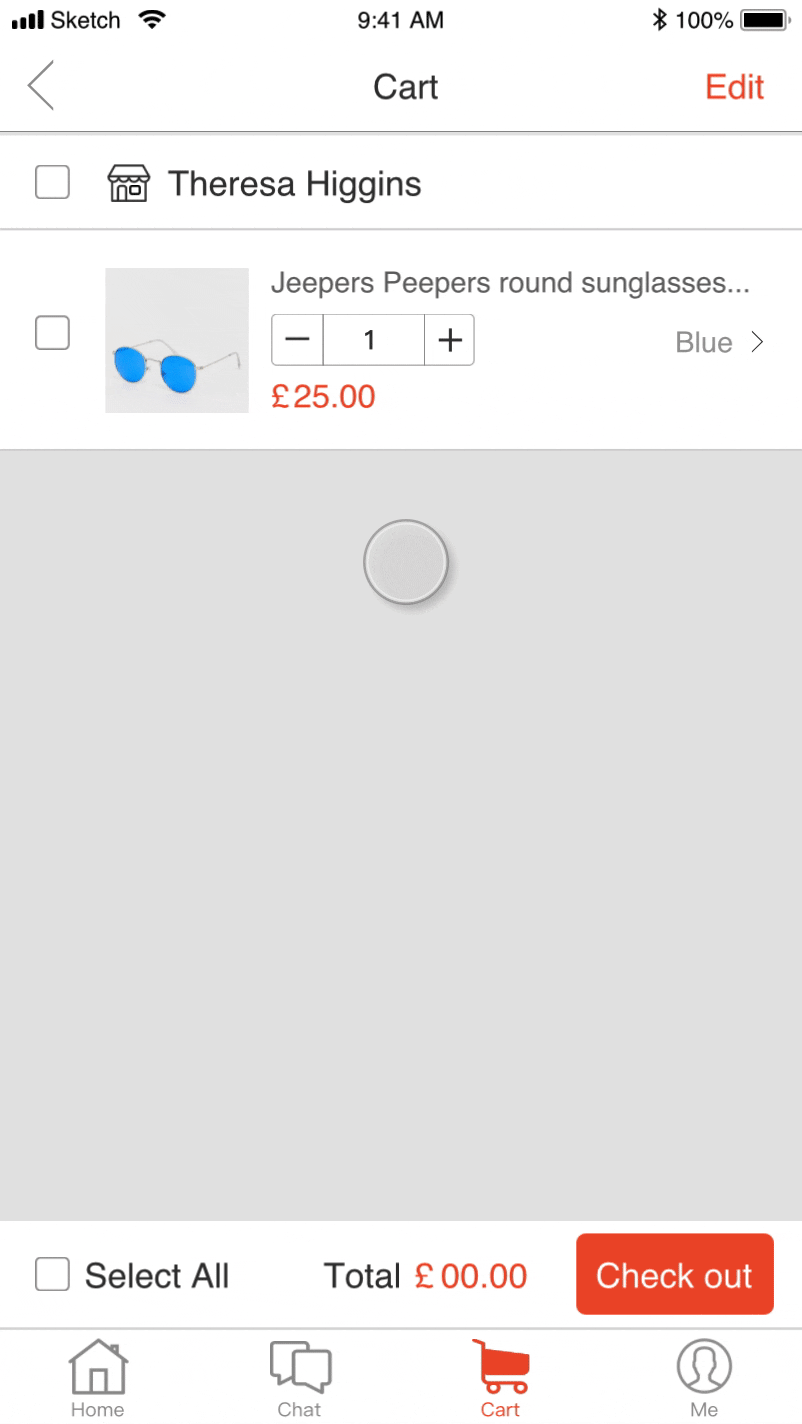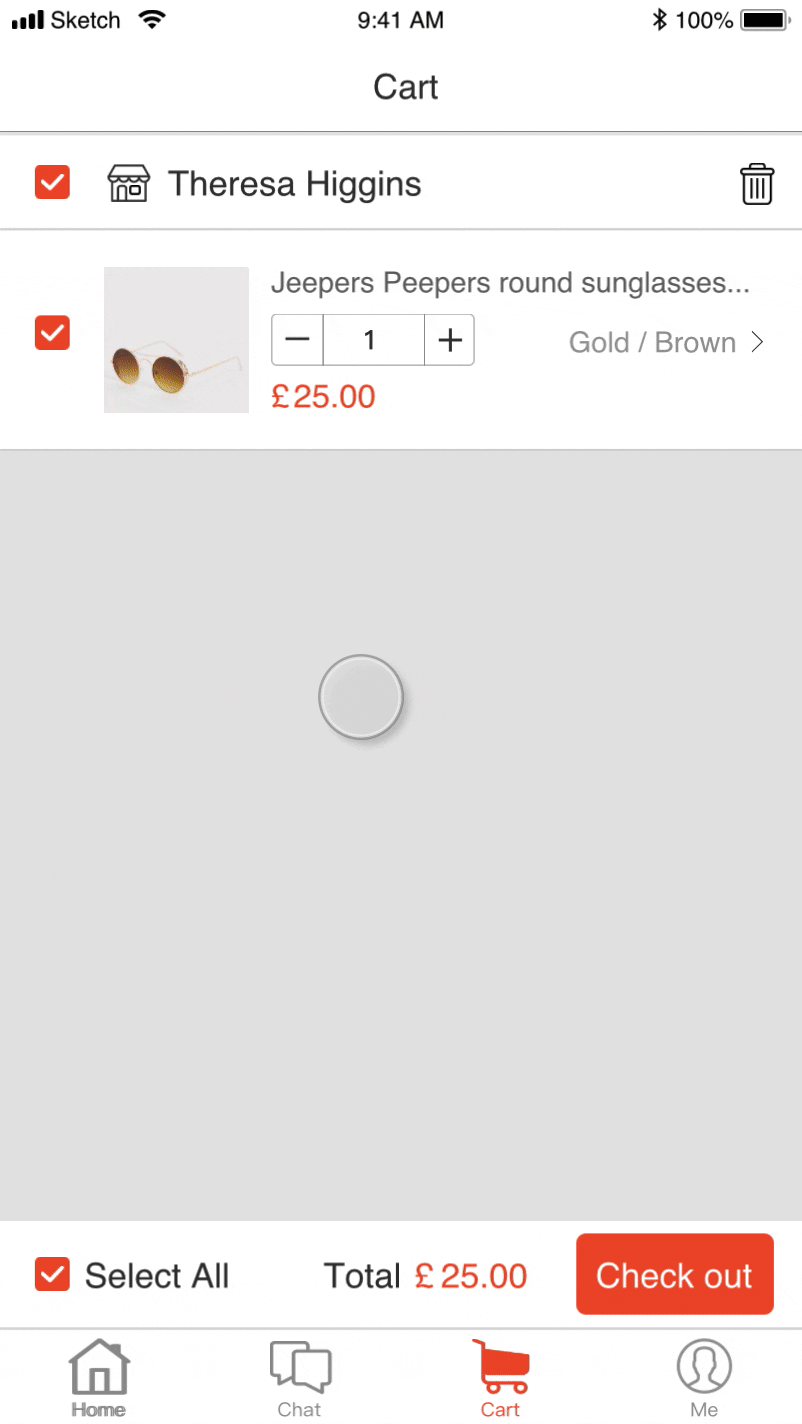top of page
Intercultural mobile-commerce is a study comparing the online shopping flow and applications between Taiwan and Germany

Amazon(West) vs. Joybuy(East)




Duration
-
6 months (Jun 2019 - Dec 2019)
Role
-
Sole member conducting research
Objective
-
Explore how Taiwanese and German cultures affect different shopping flows
-
Find commonalities in the cross-cultural market
Constraint
-
Did not conduct a real shopping process
-
Focus on B2C apps offering services in English and Mandarin
Process outline

Background
Mobile-commerce is the trend. Using a smartphone is the most common way to do online shopping.

(Global Consumer Insights Survey, 2019)
How do we keep the same shopping experience cross-countries?
Problem definition

Shopping cart
We identified 52 issues in the shopping flow, with the shopping cart presenting the most significant challenge between German and Taiwanese users.


The process of the affinity diagram
Problem
How can we ensure a positive shopping cart experience that transcends cultural differences?
Design goal


Shopping habits
Find out the difference in shopping flows between Taiwanese and German shoppers.
Common preference
Identify common elements to enhance the shopping experience on mobile apps.
How did I conduct the study?

Interview
Understand users' concerns, habits, and expectations regarding mobile commerce apps

Prototype
Make a prototype app with adjustments based on the previous samples.

Questionnaire
Testify the results and record the process for future applications.
Interview
Interview
Conduct purposive sampling involving 12 active users to test two apps across two countries.


Different habits
I discovered notable differences in shopping behaviours between the two countries.

Functions provided
There are three essential functions available on both platforms
Key Finding
Add to cart
Placing the button on the Tab bar is much more satisfying than having it on the page.


Change style
Neither platform allows users to directly edit an item's colour, style, or material. Users express a desire to edit these details directly in the cart.

Delete item
Having too many or too few steps for deleting items is not an ideal solution. Some German users prefer tapping the ' - ' button to clear their cart.

Task design
Prototype design
Validating the differences in the functions will reveal significant results.
Add to cart
Sample A (On page)
Sample C (On tab bar)

Change style
Sample A (Can't edit)
Sample C (Can edit)

Testify
Delete item
A (1-step delete)
B (2-step delete)
C (3-step delete)

Testify
Conducting convenience sampling involving 42 active users to test three prototypes across two countries.



Testify results
The less time spent, the better the performance.
1. Placing 'Add to Cart' on the tab bar is a time-saver compared to having it on the page.

2. Enabling users to 'edit' items' styles significantly saves time.

3. Reducing the number of steps results in better experience of deleting items

Conclusion
1. Placing the button in the tab bar is suitable for both cultures.
-
German users, accustomed to Amazon, still find it better to have the button in the tab bar.

2. Allowing users to 'edit' items saves considerable time.
-
Neither Amazon nor Joybuy currently supports editing the style directly in the cart.
-
Users express a desire for larger product images while making selections.

3. Users are more concerned about accidental deletions than speed.
-
In the absence of a trash bin icon, users prefer clicking the minus button to delete items.

Project learning
Work independently
This research constitutes my master's thesis, conducted during my time as an exchange student in Berlin. I planned, designed, and recruited users in a completely new environment.
Dealing with culture shock
It marked my first experience in intercultural research, proving to be both interesting and challenging to navigate diverse cultural contexts. Embracing openness and starting with the 'why' proved invaluable in overcoming these challenges.

bottom of page

